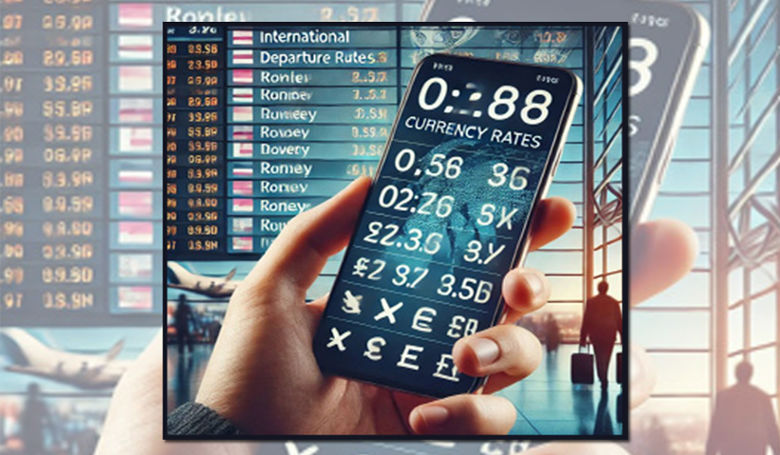
Currency converters have become the silent allies of modern travelers, online shoppers, and global business operators, providing a bridge between domestic financial realities and the vast, interconnected world economy. In a landscape where economic borders are increasingly blurred by digital transactions and international travel, understanding the value of one’s currency in foreign terms is no longer a luxury—it’s a necessity.
This shift from traditional to digital means of currency conversion represents a significant leap in how we interact with the global economy. No longer do travelers have to visit their local bank weeks before a trip to exchange money or carry travelers’ checks as a safeguard against theft or loss. The evolution towards digital platforms offers instant access to the current value of virtually any currency, all at the touch of a button. This immediacy not only simplifies financial planning for international endeavors but also introduces a level of flexibility and control previously unimaginable.
Digital currency converters operate by tapping into real-time data feeds, providing users with the latest exchange rates between currencies. These rates are predominantly based on the interbank rate—the rate at which banks exchange currencies among themselves. While this rate is the most accurate reflection of a currency’s current value on the global stage, users need to recognize that the number they see on their screen might not be the exact rate they receive when making an actual currency exchange.
The discrepancy arises because the rates offered for physical currency exchanges, whether at a bank, an airport kiosk, or a local exchange bureau, include markups or service charges. These additional costs cover the physical handling of money, security, and other logistical needs inherent in the exchange process. Consequently, while digital converters provide an invaluable reference point for understanding currency values, actual exchange rates may be less favorable due to these overhead costs.

Moreover, the digital revolution in currency conversion has implications beyond individual financial planning. For businesses operating in the international arena, the ability to monitor and react to currency fluctuations in real time can be a critical factor in managing costs and forecasting profits. Similarly, for investors and traders in the Forex market, digital currency converters serve as crucial tools for making informed decisions, allowing them to capitalize on changes in currency values driven by geopolitical events, economic reports, and market sentiment.
Yet, despite the convenience and advantages offered by digital currency conversion tools, users must navigate this landscape with caution. The online world is rife with platforms offering currency conversion services, and not all are created equal. The accuracy of the data provided, the security of the platform, and the presence of hidden fees or charges can vary significantly, underscoring the need for due diligence when selecting a digital converter for personal or professional use.
In the broader context of financial technology’s evolution, currency converters exemplify the shift towards a more accessible and transparent global financial system. They democratize information that was once the purview of financial professionals and bring a level of participation and insight to the average user that was hard to imagine just a few decades ago.
As we look to the future, the role of currency converters will undoubtedly continue to evolve alongside advancements in technology and changes in the global economy. From augmented reality apps that overlay exchange rates on physical currency notes to integrated financial platforms that automatically convert transactions to the user’s preferred currency, the possibilities are as vast as the global market itself.